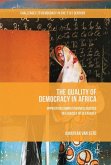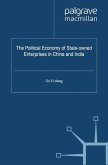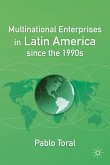The press organs are similar to companies that are subject to a double logic of democracy and economics. Indeed, even if they intend to set themselves up as watchdogs of democracy, they seek above all to satisfy a profitability that will allow them to face the charges inherent to the production of information, and even to invest in other related sectors. However, the liberalization of the sector has led to a proliferation that weakens the economic health of the media. The precariousness of the journalistic sector is generally explained by exogenous factors (difficult economic situation) and by endogenous factors (lack of ethics among professionals). It is a double-edged sword insofar as on the one hand it makes the exercise of the profession very difficult, which leads to certain unorthodox survival strategies. In the end, it is the quality of information that is threatened with its corollary of publishing false news, amateurism and even divorce between the press and the public.
Bitte wählen Sie Ihr Anliegen aus.
Rechnungen
Retourenschein anfordern
Bestellstatus
Storno








